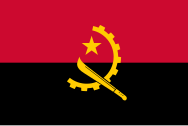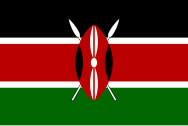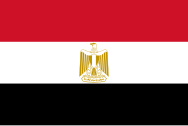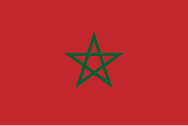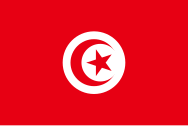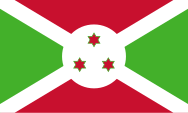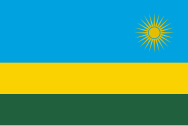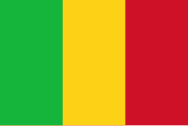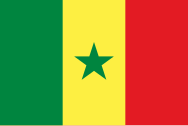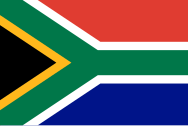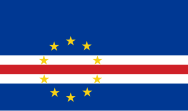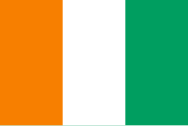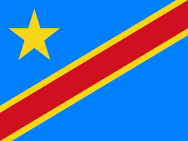- Zimbabwe - History
- Zimbabwe - Kingdoms
- Zimbabwe - Royal Archives
- Zimbabwe - Treaties
- Zimbabwe - Economy
- Zimbabwe - Technology
- Zimbabwe - Diaspora
- Zimbabwe - Culture
- Zimbabwe - Migration
- Zimbabwe - Museums
- Zimbabwe - Architecture
- Zimbabwe - Education
- Zimbabwe - Geneology
- Zimbabwe - Music
- Zimbabwe - Art
- Zimbabwe - Dance
- Zimbabwe - General
- Zimbabwe - People
Zimbabwe

Country Flag
Zimbabwe officially the Republic of Zimbabwe, is a landlocked country in Southeast Africa, between the Zambezi and Limpopo Rivers, bordered by South Africa to the south, Botswana to the southwest, Zambia to the north, and Mozambique to the east. The capital and largest city is Harare, and the second largest is Bulawayo.
A country of roughly 16.6 million people as per 2024 census, Zimbabwe's largest ethnic group are the Shona, who make up 80% of the population, followed by the Northern Ndebele and other smaller minorities. Zimbabwe has 16 official languages, with English, Shona, and Ndebele the most common. Zimbabwe is a member of the United Nations, the Southern African Development Community, the African Union, and the Common Market for Eastern and Southern Africa.
Beginning in the 9th century, during its late Iron Age, the Bantu people (who would become the ethnic Shona) built the city-state of Great Zimbabwe; the city-state became one of the major African trade centres by the 11th century but was abandoned by the mid 15th century. From there, the Kingdom of Zimbabwe was established, followed by the Rozvi and Mutapa empires. The British South Africa Company of Cecil Rhodes demarcated the Rhodesia region in 1890 when they conquered Mashonaland and later in 1893 Matabeleland after the First Matabele War. Company rule ended in 1923 with the establishment of Southern Rhodesia as a self-governing British colony. In 1965, the white minority government unilaterally declared independence as Rhodesia. The state endured international isolation and a 15-year guerrilla war with black nationalist forces; this culminated in a peace agreement that established de jure sovereignty as Zimbabwe in April 1980.
Robert Mugabe became Prime Minister of Zimbabwe in 1980, when his ZANU–PF party won the general election following the end of white minority rule and has remained the country's dominant party since. He was the President of Zimbabwe from 1987, after converting the country's initial parliamentary system into a presidential one, until his resignation in 2017. Under Mugabe's authoritarian regime, the state security apparatus dominated the country and was responsible for widespread human rights violations. From 1997 to 2008 the economy experienced consistent decline (and in the latter years, hyperinflation), though it has since seen rapid growth after the use of currencies other than the Zimbabwean dollar was permitted. In 2017, in the wake of over a year of protests against his government as well as Zimbabwe's rapidly declining economy, a coup d'état resulted in Mugabe's resignation. Emmerson Mnangagwa has since served as Zimbabwe's president.


